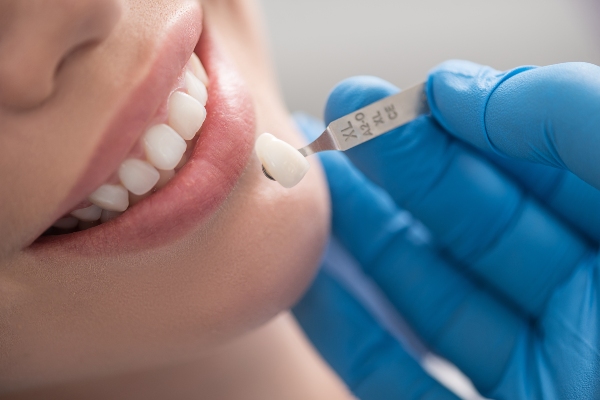How Long Is Recovery After Wisdom Tooth Extraction?
is a procedure that is not typically enjoyable but is often necessary in order to eliminate pain and crowding within the oral cavity. Individuals that are preparing for wisdom tooth extraction may find it helpful to get familiar with the recovery process, which can be involved, depending on the number of teeth removed.
Recovery after wisdom tooth extraction
Below is an overview of the recovery process after wisdom tooth extraction, including how long it takes and what to expect.
The timeline
The recovery process after a wisdom tooth extraction is categorized into two parts, with the first being the short-term timeline and the second being long-term. Both parts are important to be familiar with prior to the procedure.
Short-term
Immediately after a wisdom tooth extraction, individuals will likely feel disoriented and uncomfortable. The disorientation comes from the medication that can be administered prior to the procedure and the discomfort stems from the extraction itself. The effects of medication usually wear off within a few hours; however, the discomfort does last up to four to five days, depending on the number of teeth pulled, as well as the individual's ability to heal.
It is recommended that physical activity be limited, work and school are avoided, and soft or liquid-based foods should be all that is eaten. Additionally, using ice and cold compresses can be helpful in reducing swelling and inflammation, both of which usually calm down within two to three days.
Most people recover within the first four to five days, meaning work and school can be resumed. It may still be helpful to avoid foods that are hard, chewy, or sticky, as this could cause damage to the wounds as well as pain. Additionally, medication will likely continue for a week or so.
Long-term
Long-term, the wisdom tooth recovery process can last up to a month or two. While the individual will not likely feel pain or discomfort past a week or two, the wounds inside the oral cavity will still be tender and undergoing the healing process. The soft tissues can take a long time to get back to normal because the mouth is constantly wet, which makes it hard to properly heal.
It is highly recommended to avoid smoking, spitting, or drinking through a straw for at least a month. The inhalation can cause extra pressure on the wounds, which can result in dry sockets, a painful condition that can follow wisdom tooth extraction. Additionally, for at least a month, it is recommended to avoid foods that can cause irritation or pain to the healing wounds. These may include jerky, meat with bones, taffies, candies, and gum.
Find out more about wisdom tooth extraction
When looking for further information on the wisdom tooth extraction process, it can be helpful to consult with a general dentist. A consultation can help identify expectations and specific ways to prepare. Reach out today to ask questions or to get started with an appointment.
Request an appointment here: https://www.tanqueverdedental.com or call Oro Valley Family Dentistry at (520) 833-5261 for an appointment in our Tucson office.
Check out what others are saying about our dental services on Yelp: .
Related Posts
There are notable benefits to wisdom tooth extraction, and understanding when it is recommended and what to expect throughout the treatment and aftercare process can help you ease any anxieties that you have ahead of your scheduled consultation or wisdom tooth extraction procedure.The most common questions patients have about wisdom tooth extractions deal with the…
Concerned about impacted wisdom teeth? Read on to learn more about this condition and how it is addressed. The third pair of molars at the rear of the mouth is known as the wisdom teeth. These teeth usually appear in late adolescence or early adulthood. Impaction is when a wisdom tooth becomes trapped beneath your…
There are many reasons that a dentist may require a patient to have a tooth extraction, particularly if the tooth causes problems with the patient’s oral health, function or appearance. After tooth extraction, you should be sure to follow all aftercare instructions provided by the dentist and understand what options are available to replace the…
Emergency dentistry deals with dental emergencies that require immediate treatment. For example, an infected tooth requires urgent care since it causes excruciating pain, and the infection is always a risk of expanding to other parts of the body.Here are some fascinating facts everyone should know about emergency dentistry:The emergency dental care umbrella covers any dental…


